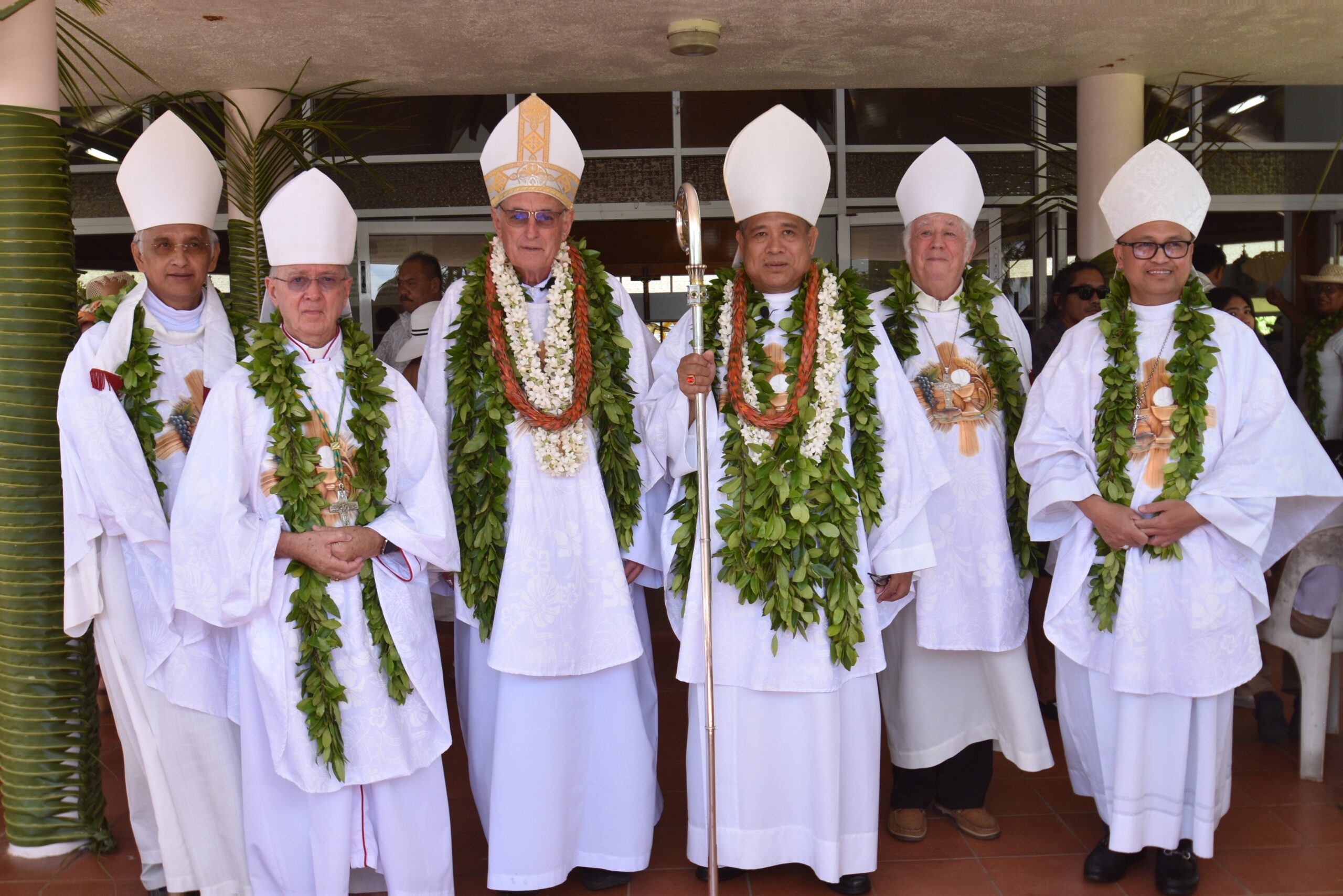The New Zealand Rugby Union’s refusal to play tests in the Pacific Islands remains a shame on the national game – writes Andrew Alderson in the New Zealand Herald on Sunday.
He says the steadfast refusal by chief executive Steve Tew to entertain the prospect of a test or three in Samoa, Tonga and Fiji smacks of rugby royalty keeping the minions at arm’s length.
Fending them off, if you prefer rugby parlance.
New Zealand has toured Fiji on four occasions (1968, 1974, 1980 and 1984) before any of the internationals were legitimised as ‘tests’. There’s been a 30-year hiatus.
Disgracefully, they’ve never been to Samoa or Tonga.
Put it this way – according to the 2013 census, 7.4 per cent of the New Zealand population (295,941 people) identified with one or more Pacific ethnic groups.
Yet from the 2013 All Blacks, at least 11 of the 42 (26 per cent) had Pacific Island heritage.
That’s an indication of the Pasifika rugby influence. The All Blacks have even listed protecting players of Pacific islands origin alongside winning the next World Cup as two of their strategic goals between now and 2016.
So fancy the NZRU making a profit of $2.9 million for the 2013 financial year – $2.1 million more than forecast – and Tew saying: “The reality for us is, and I’ve said it often enough, we have to do what’s best for New Zealand Rugby and playing an All Blacks test match in the islands just doesn’t suit our programme. Right now, we can’t fit one in.”
A $1.1 million loss is forecast this year, but surely the NZRU could scramble down the back of a corporate couch with $63.7 million in reserves and acknowledge – with a few tests – they’ve been a major beneficiary from Pasifika immigration through the years.
Sure, New Zealand social structures and NZRU-administered competitions have provided a pathway for All Blacks of Pacific origin but, as a goodwill gesture, it would be unsurpassed as a public relations coup.
The NZRU should be commended for its financial bookwork which, through prudence, enables them to choose whether to make such a bold call.
No-one should begrudge that, but occasionally bean-counting must be relegated for a greater social good.
Names like Michael Jones, Jonah Lomu, Tana Umaga, Keven Mealamu and Jerome Kaino could be watch words as to why this exercise is justified.
If the NZRU can spread the rugby gospel – albeit profitably – through Hong Kong, Japan and the United States, surely an exception can be made for the Pacific islands.
Make a three-test tour through Samoa, Tonga and Fiji something extraordinary for the modern era – pursue a flight sponsor, get villages to submit proposals as to why they should billet players like Mealamu, Kaino or Richie McCaw, stuff some extra knee bandages in the suitcase to counter the hard grounds, make the after-match a village feast.
It mightn’t be good for the local pig and seafood populations but it’d be good for rugby.
Hey, a past slogan of the All Blacks’ sponsors adidas was “impossible is nothing”; here’s an opportunity to take a glib corporate phrase and make it a reality. Their latest one? “adidas is all in”. Has there been a more apt catch-phrase for such a pursuit?
The NZRU might also take tips from the All Blacks’ other jersey sponsor, insurance firm AIG.
After the United States government bailed them out of the global financial crisis they launched a “Thank you, America” campaign. How about “Thank you, Pacific Islands”? Cheesy, but it keeps to theme.
Tew’s point is valid regarding the struggle to “fit one in”. Rugby international windows are slim and tours like the profitable 2017 British and Irish Lions extravaganza are often booked well in advance.
Samoa, Fiji and Tonga also struggle at times to assemble their professional players out of Europe.
The best option could be 2015 either to warm up for the World Cup when the usual June test window is removed and the Rugby Championship truncated, or post-tournament as a thank you.









































